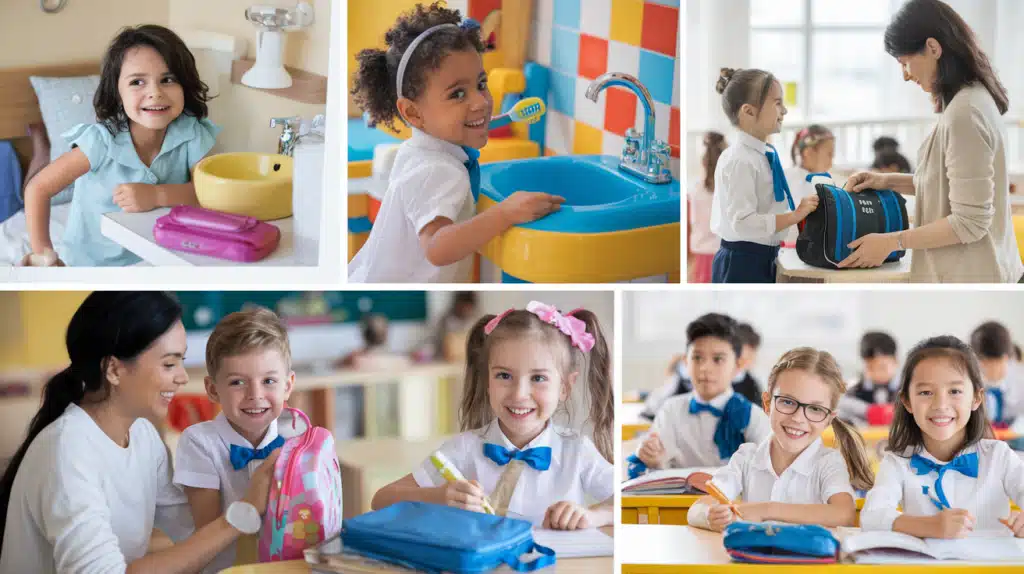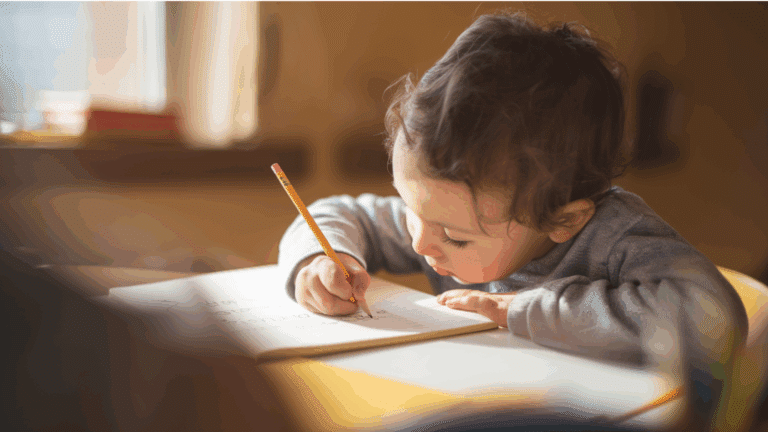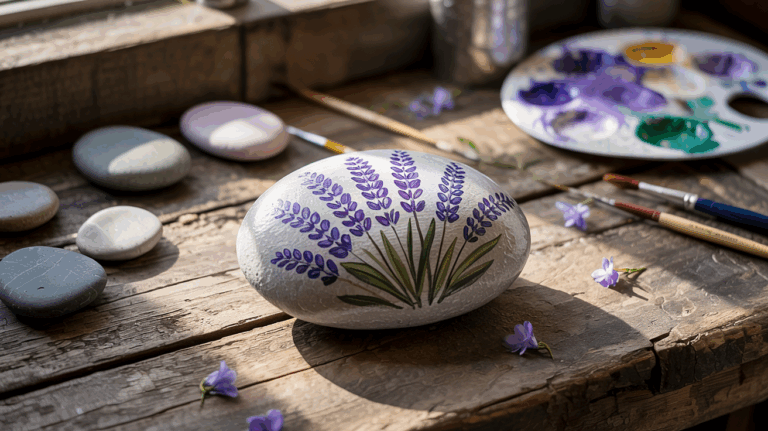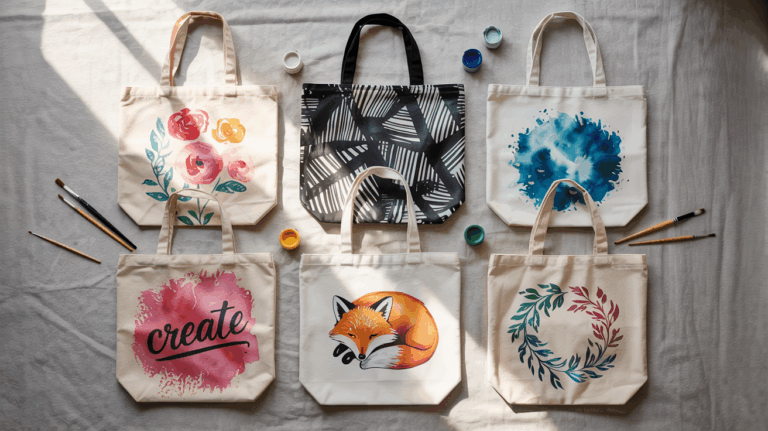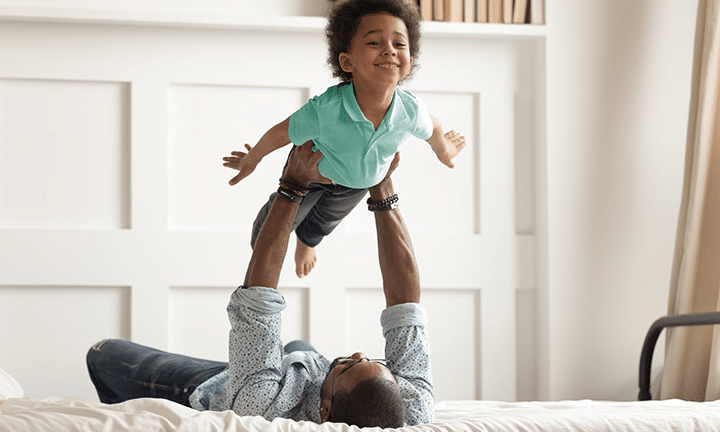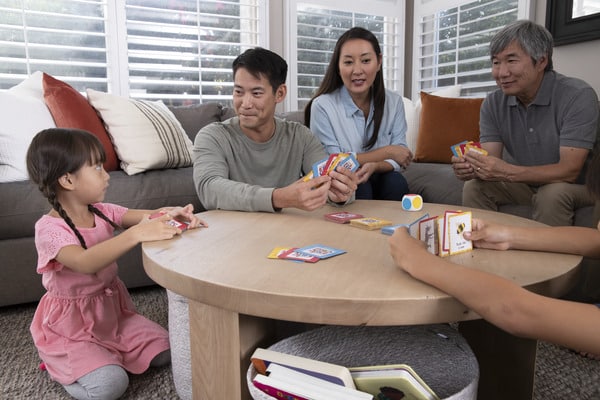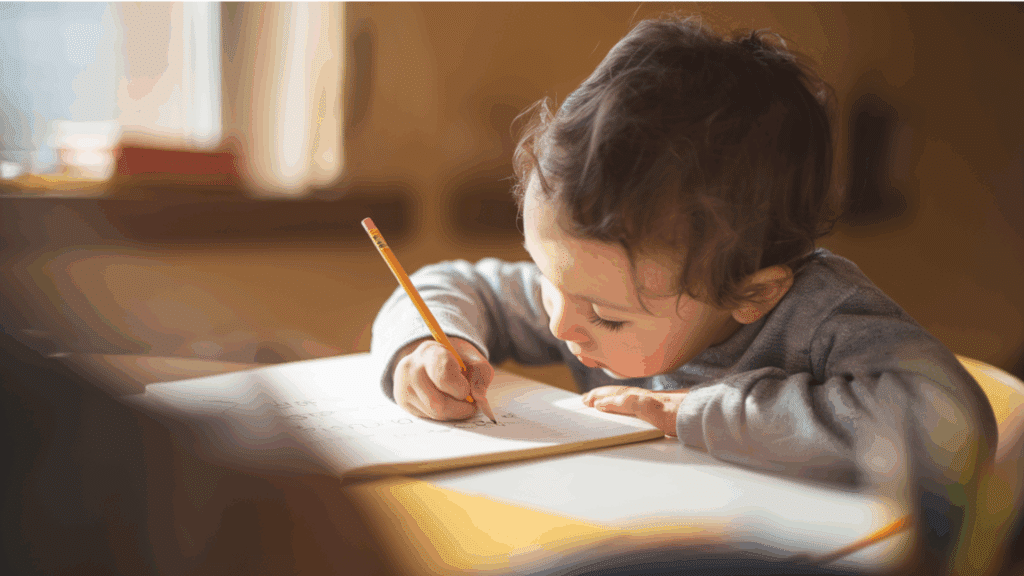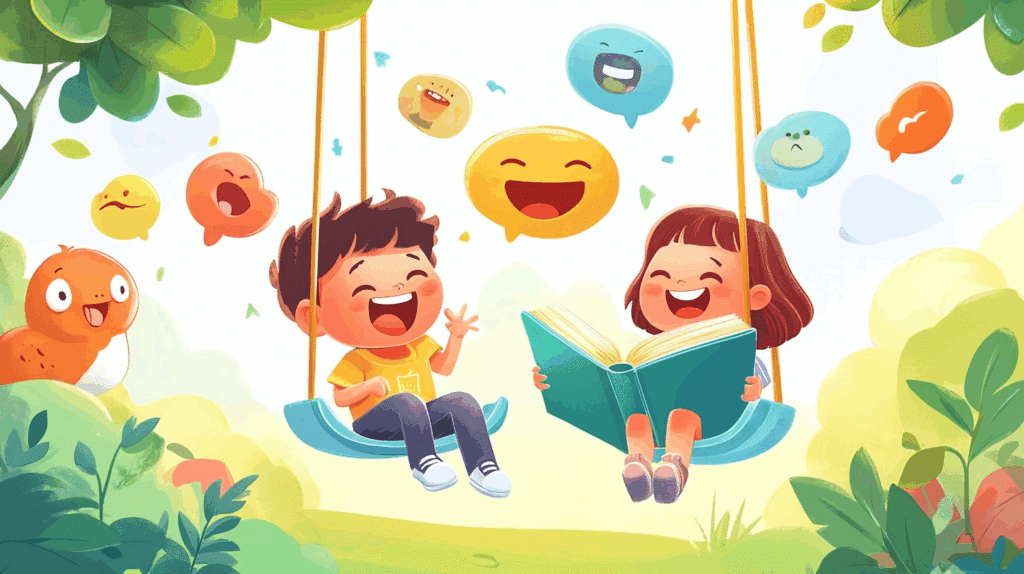Daily routine activities for primary students include simple tasks, from morning wake-ups to bedtime stories.
When kids know what to do each day – from getting dressed to saying goodnight – they feel safe and sure of themselves.
This guide helps parents and teachers make daily tasks easier for primary children.
Simple steps, done the same way each day, help kids learn better.
Let’s see how these everyday tasks help our children grow strong and happy.
Morning Routine Activities
1. Wake up at the same time daily
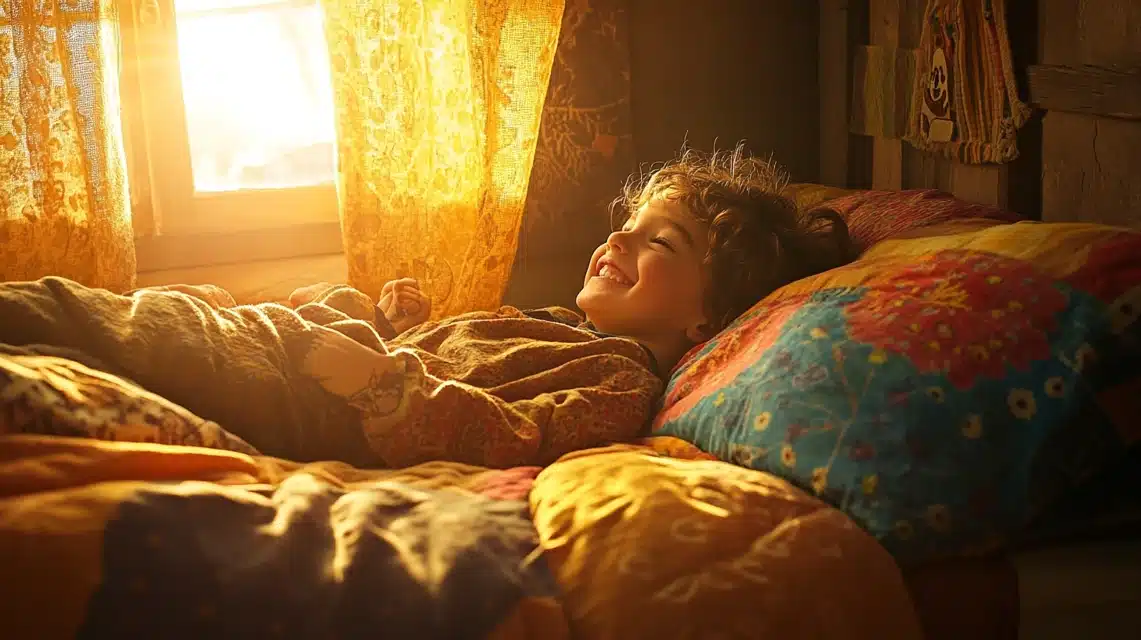
- Following a fixed morning schedule trains your body’s internal clock to wake naturally
- Students who maintain regular wake times show better focus and attention in morning classes
- Getting up at the same time makes it simpler to follow the rest of the morning routine
- When the body expects to wake up, children feel more refreshed and ready to learn
2. Make the bed
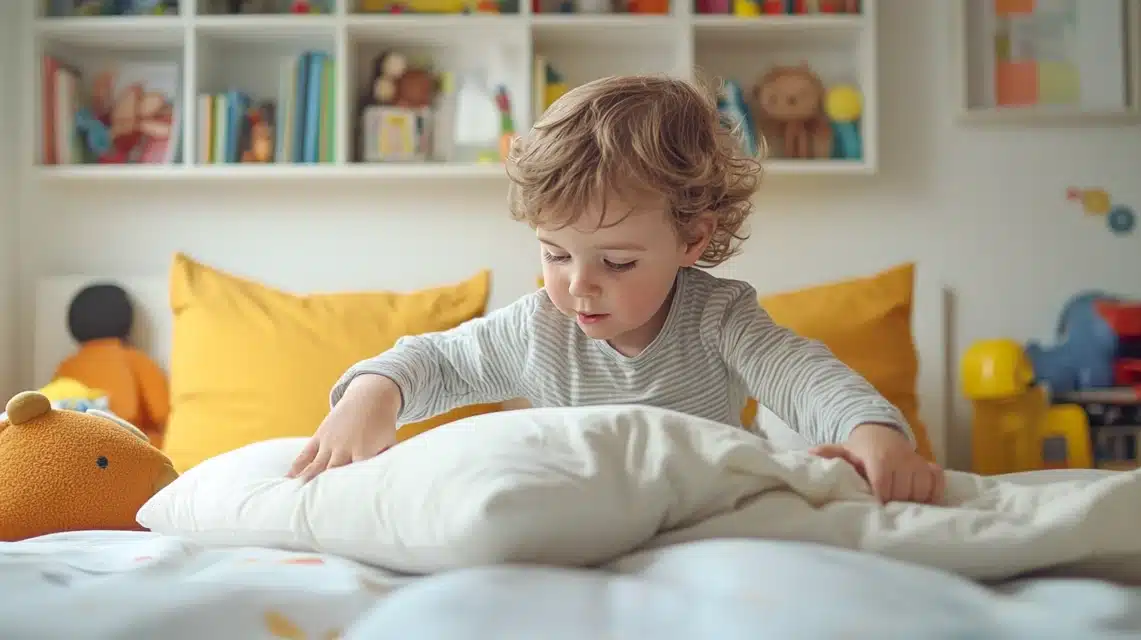
- This small morning task creates a sense of order and builds good habits for life
- Children who make their beds learn about taking care of their space and belongings
- A neat bed changes how the whole room looks and sets up a clean environment
- This quick morning job teaches children about finishing what they start
- The sense of completing a task first thing builds confidence for the day ahead
3. Brush teeth and wash face
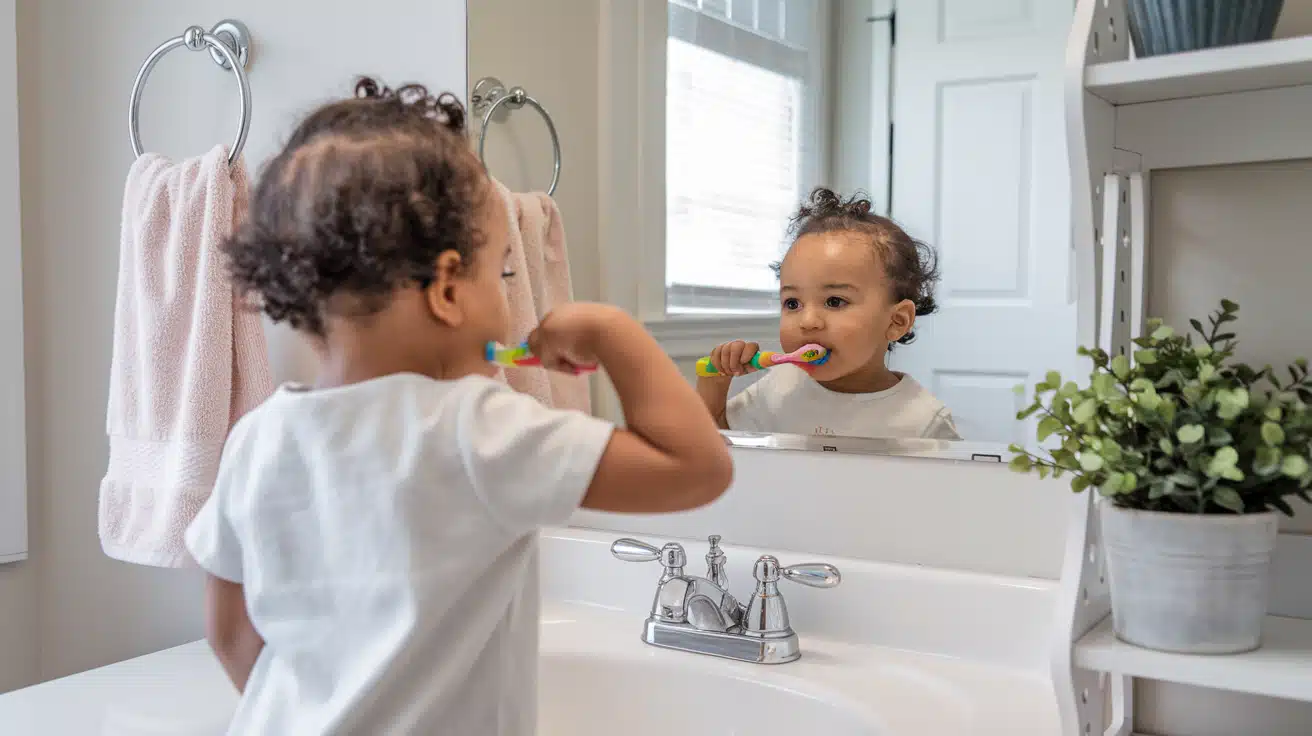
- The morning hygiene routine supports both health and mental preparation for the day
- Clean teeth and a fresh face signal to the brain that it’s time to be active
- These basic self-care habits build independence and responsibility
- Starting school feeling clean and fresh boosts children’s confidence with classmates
4. Have a healthy breakfast

- A balanced morning meal provides the energy needed for learning and activities
- Children who eat breakfast show better memory and problem-solving skills
- Including protein and whole grains helps maintain steady energy until lunch
- Starting with good food choices teaches children about healthy eating habits
- A calm breakfast time lets families connect before the busy day begins
5. Do a quick stretch or exercise

- Brief morning movement sends oxygen to the brain and increases alertness
- Simple exercises help children feel more focused when they get to school
- Moving in the morning reduces fidgeting during class time
- Regular morning activity builds healthy habits that can last a lifetime
6. Review a quick learning task
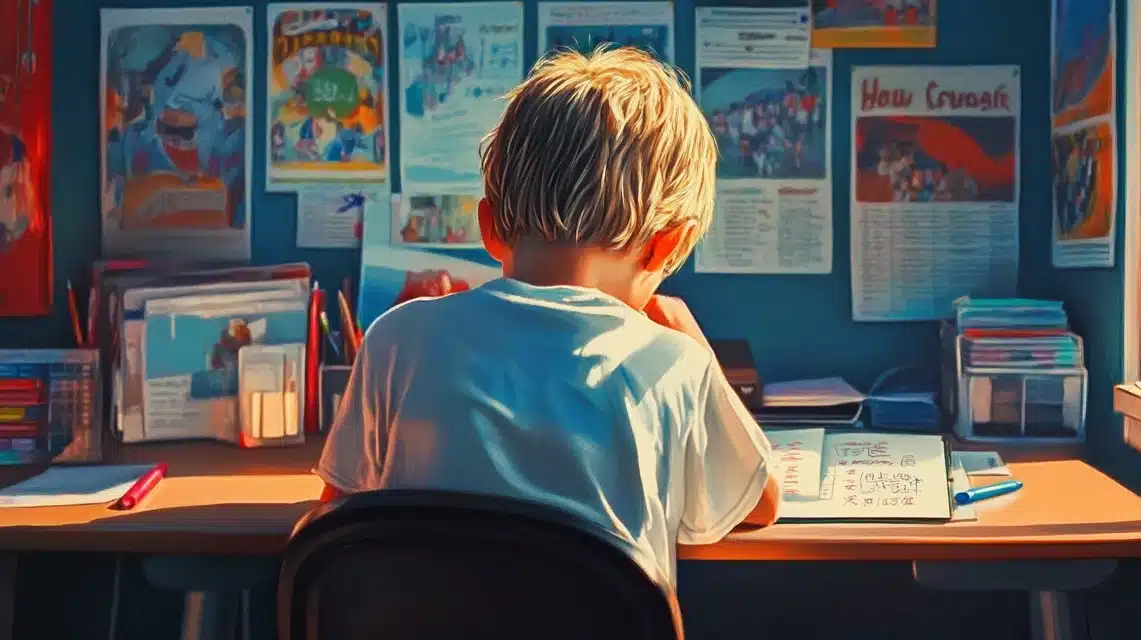
- Morning brain exercises prime the mind for learning at school
- Short review sessions help remember yesterday’s lessons better
- Quick learning activities build confidence before the school day
- Making learning part of the morning routine shows education matters
- Small doses of morning practice add up to better understanding over time
7. Pack the school bag
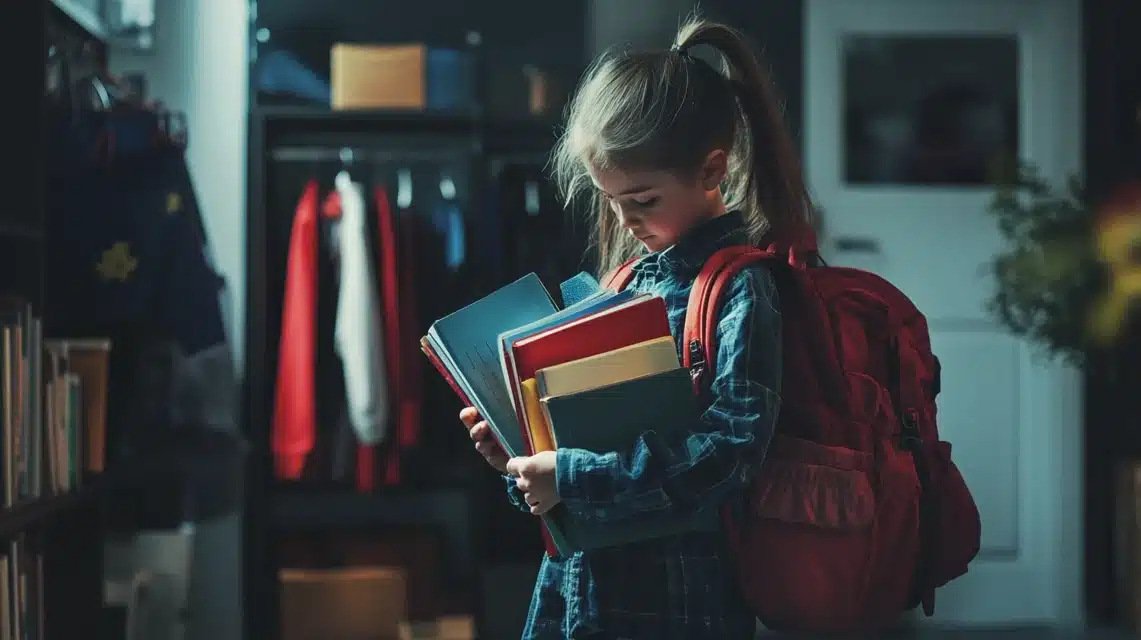
- Evening preparation prevents morning rushes and forgotten items
- Double-checking supplies teaches planning and organization
- A complete school bag means children can focus on learning, not missing items
- Good preparation helps reduce school-related stress and anxiety
- Having everything ready builds confidence for the school day
Classroom-Friendly Daily Activities
8. Morning Circle Time
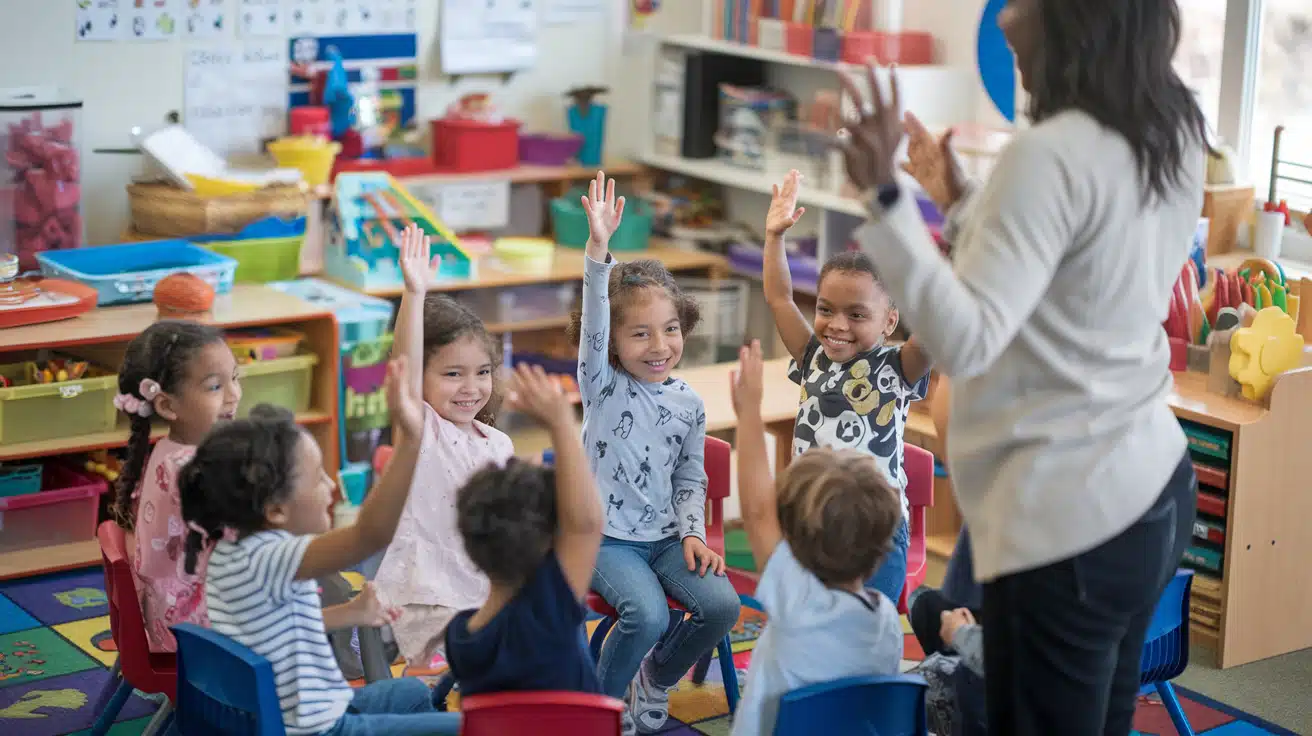
- This daily gathering helps students feel welcome and builds classroom community
- Starting together lets children share thoughts and prepare mentally for learning
- Group discussions teach important skills like listening and taking turns
- Teachers can explain daily activities, making students feel more secure about their schedule
- These meetings help spot which students might need extra support that day
9. Interactive Storytelling
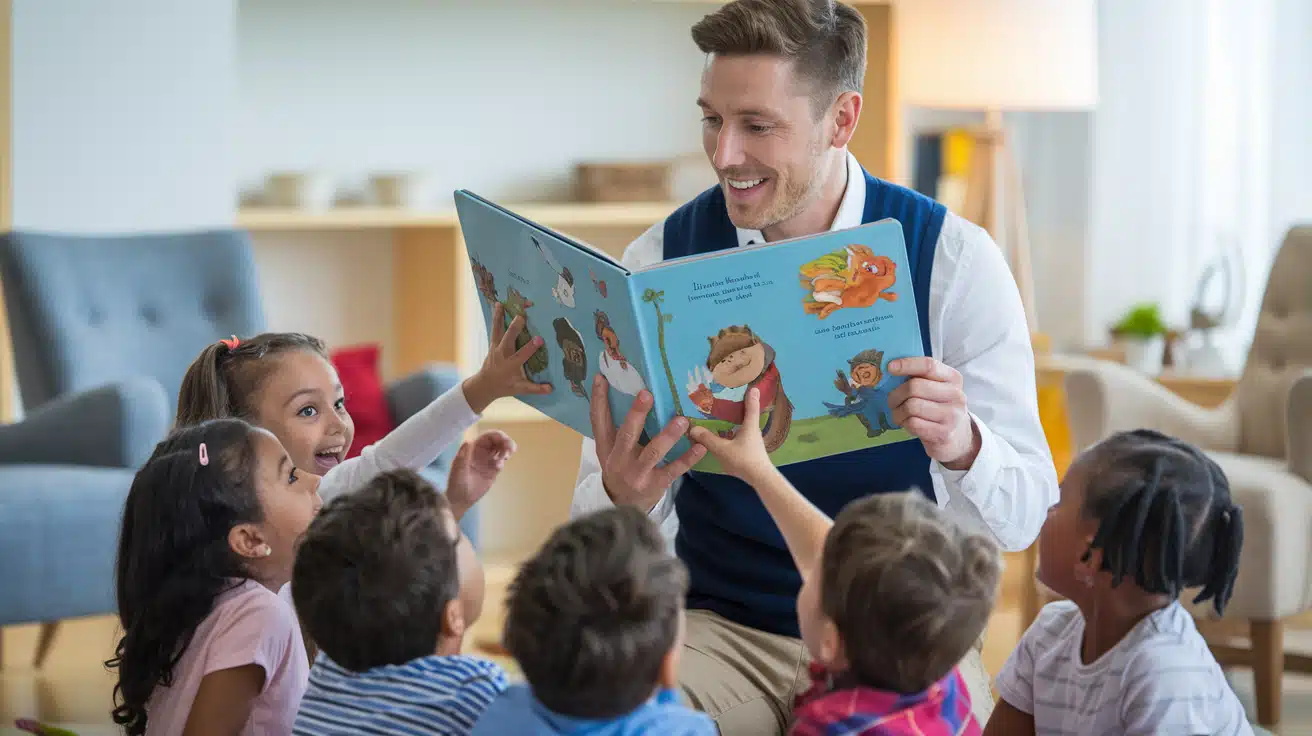
- Stories that include student participation keep young minds engaged with the material
- Children develop listening skills while using their minds to picture the story
- Group storytelling builds confidence in speaking and sharing ideas
- Regular story sessions improve vocabulary and language understanding
- Students learn to connect stories with their own experiences
10. Group Projects
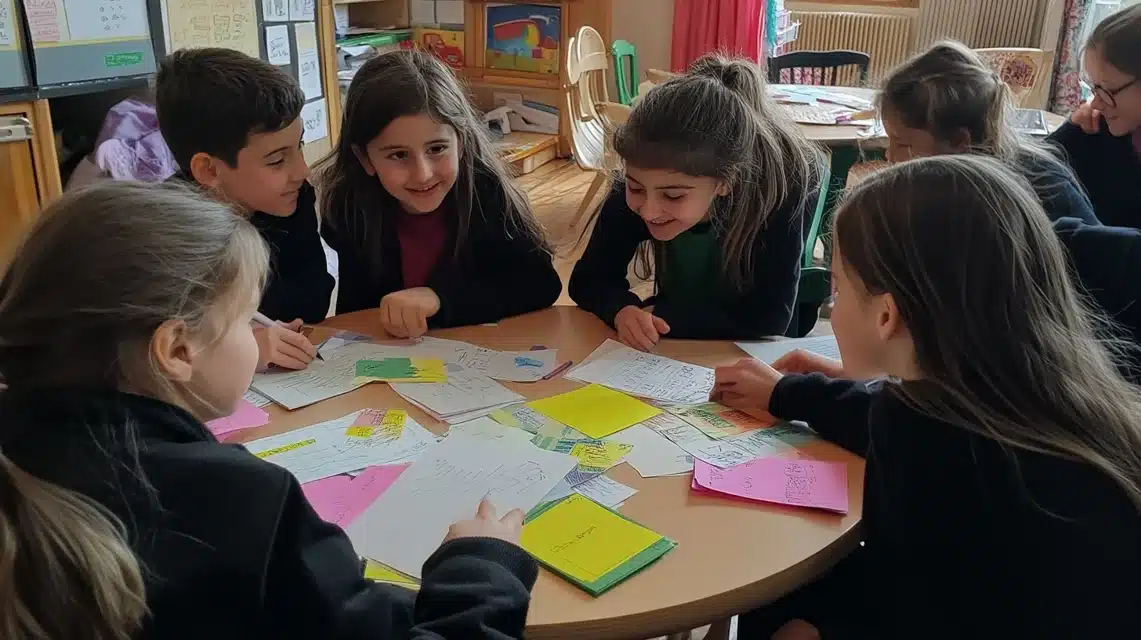
- Working in teams teaches children how to share tasks and support each other
- Small group work helps students learn from their classmates’ different viewpoints
- Collaborative tasks build social skills needed for future success
- Projects give students chances to lead and follow as part of a team
- Working together on tasks makes learning more fun and memorable
11. Hands-On Science Experiments
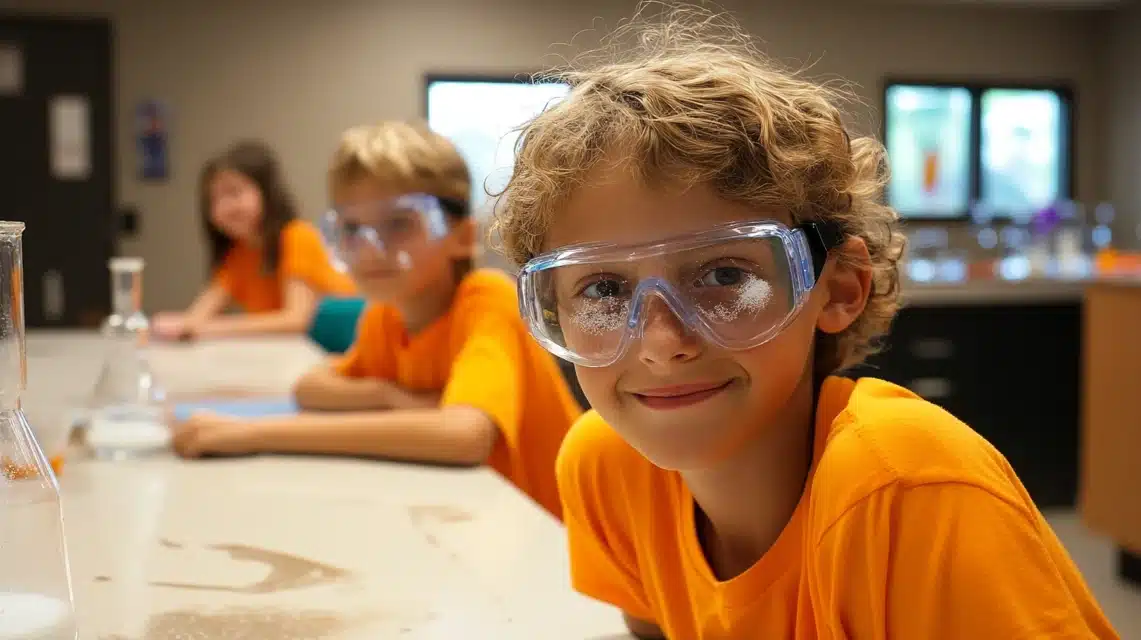
- Direct experience with science concepts creates memorable learning moments for students
- Students learn to follow steps, make predictions, and record what they observe
- Simple experiments like seed growing help connect science to daily life
- Working with real materials builds careful observation and problem-solving skills
- Group experiments teach students how to work safely and share equipment properly
12. Math Games
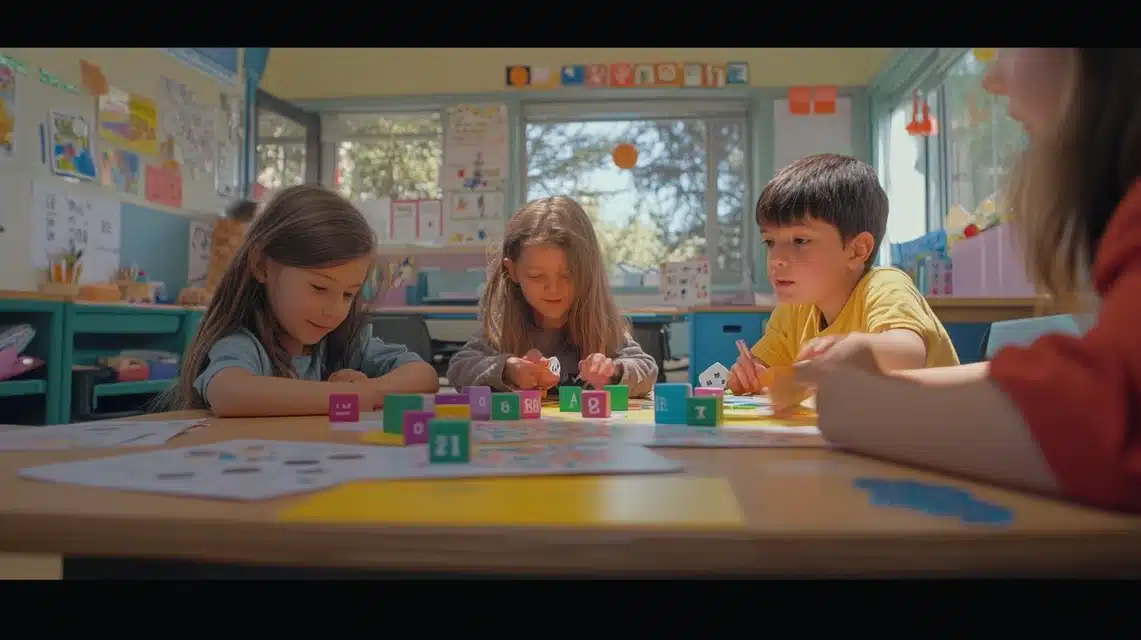
- Number-based activities remove the fear often associated with mathematics
- Students practice addition, subtraction, and counting through fun group games
- Using cards, dice, and counters makes abstract math concepts more concrete
- Regular game sessions help students see patterns and relationships in numbers
- Team games show students different methods to reach the same answer
13. Art and Craft Time
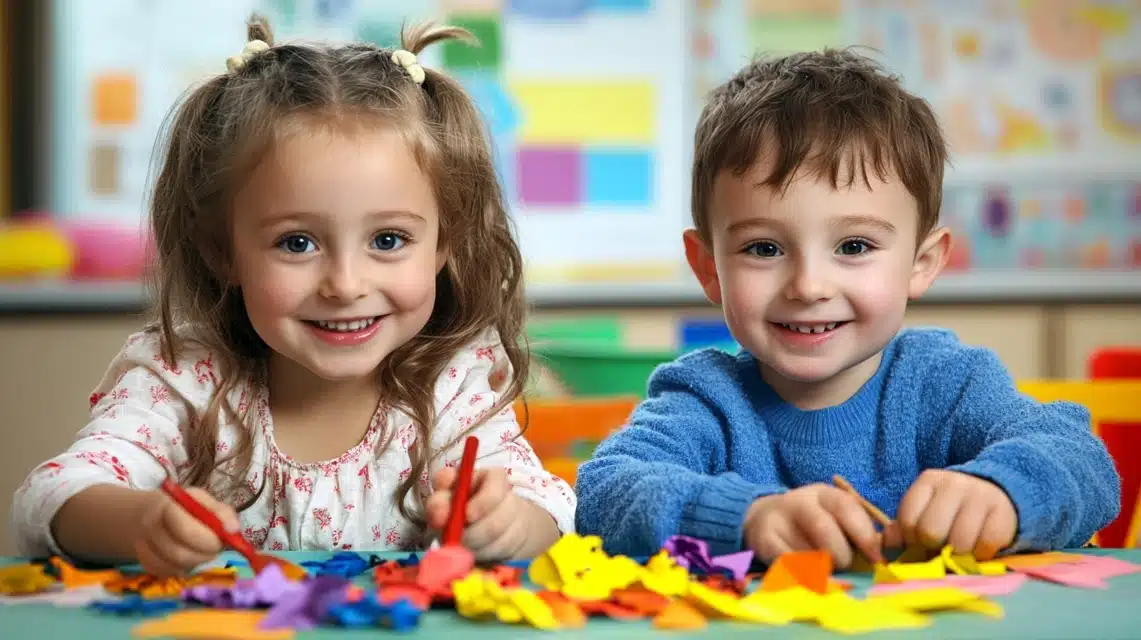
- Creative projects let students express ideas they might not share in words
- Making art develops hand control needed for writing and other fine tasks
- Students learn about colors, shapes, and design while creating their work
- Art time provides a balanced break between academic subjects
- Group art projects teach sharing materials and respecting others’ creative choices
14. Physical Movement Breaks
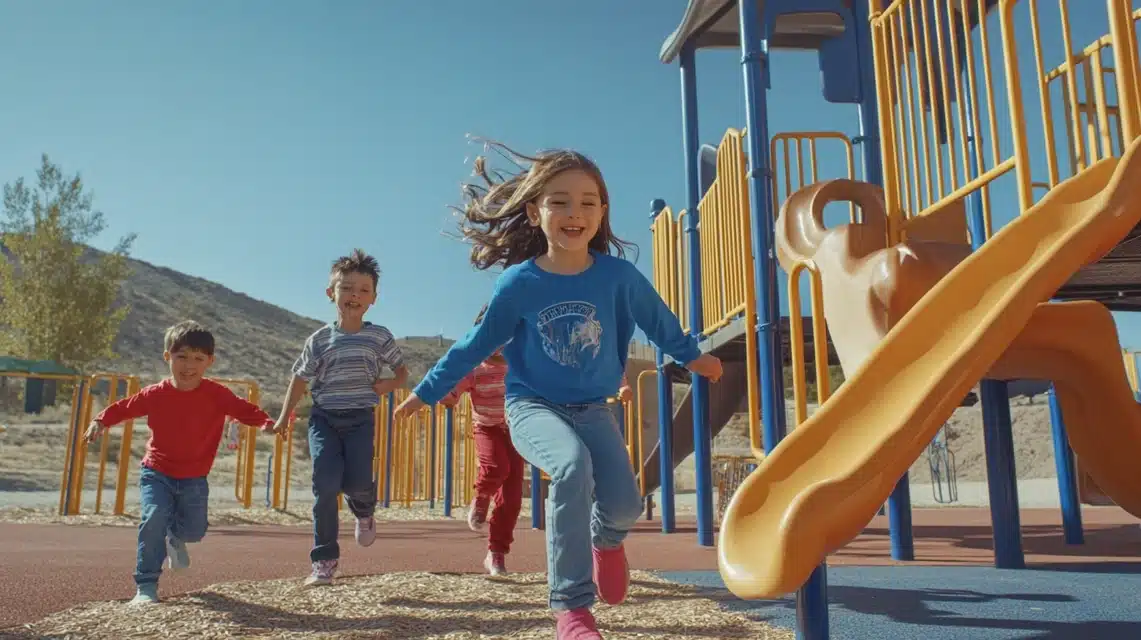
- Brief activity sessions help maintain focus during learning periods
- Students return to work more alert after short movement breaks
- Movement activities improve classroom behavior and attention
- Simple exercises help develop coordination and group awareness
- Active breaks give students healthy ways to use their natural energy
After-School Routine
15. Snack Time

- A balanced afternoon snack provides energy needed for remaining daily activities
- Eating fruits and healthy foods helps children learn about good nutrition choices
- Regular snack times prevent energy drops and help maintain attention spans
- Setting up and cleaning up after snacks teaches responsibility and organization
- Small group snack time offers chances for social interaction and sharing
16. Relaxation or Free Play
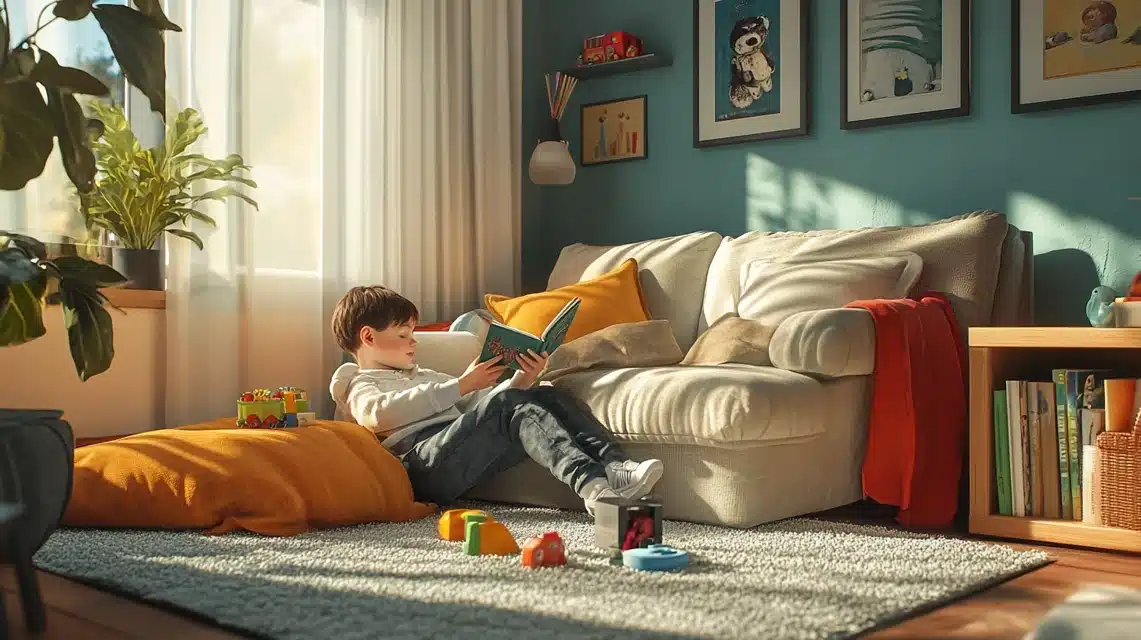
- Taking breaks between activities helps children process their school day learning
- Quiet time allows children to decompress and choose activities they enjoy most
- Free play develops imagination while letting children explore their interests
- Short rest periods help maintain physical and mental energy through the day
- Balanced free time teaches children how to manage their own activities
17. Homework and Study Time
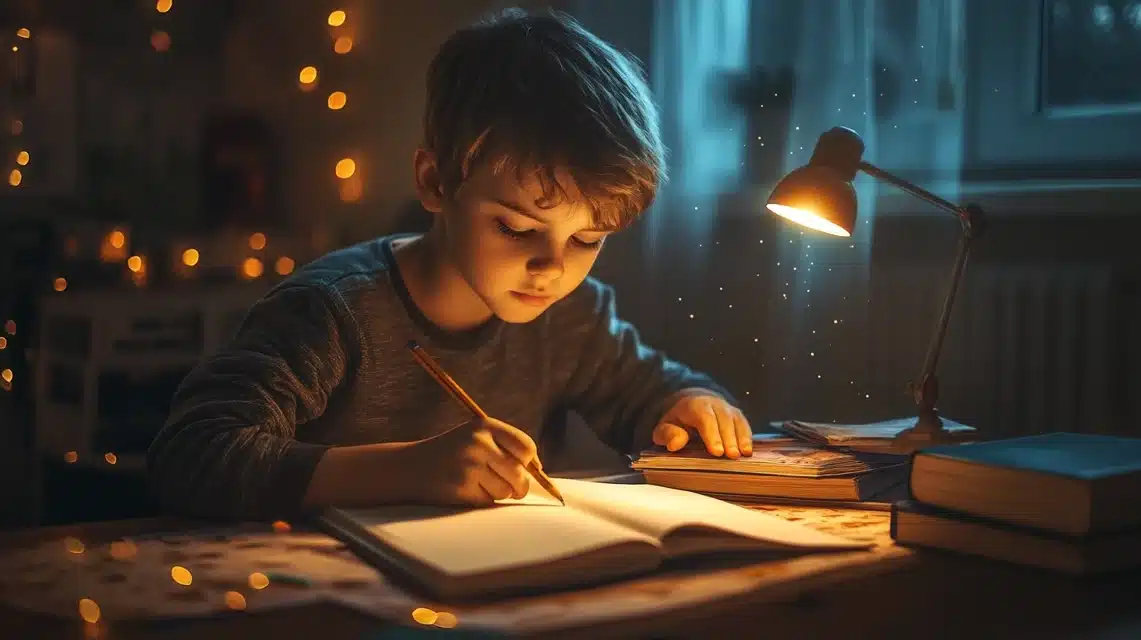
- A dedicated study space helps children focus on their schoolwork effectively
- Regular homework schedules create good study habits for future education
- Having all supplies ready in advance makes homework time less stressful
- Setting specific study times prevents last-minute rushing and anxiety
- Completing work early leaves time for other evening activities
18. Outdoor Activities
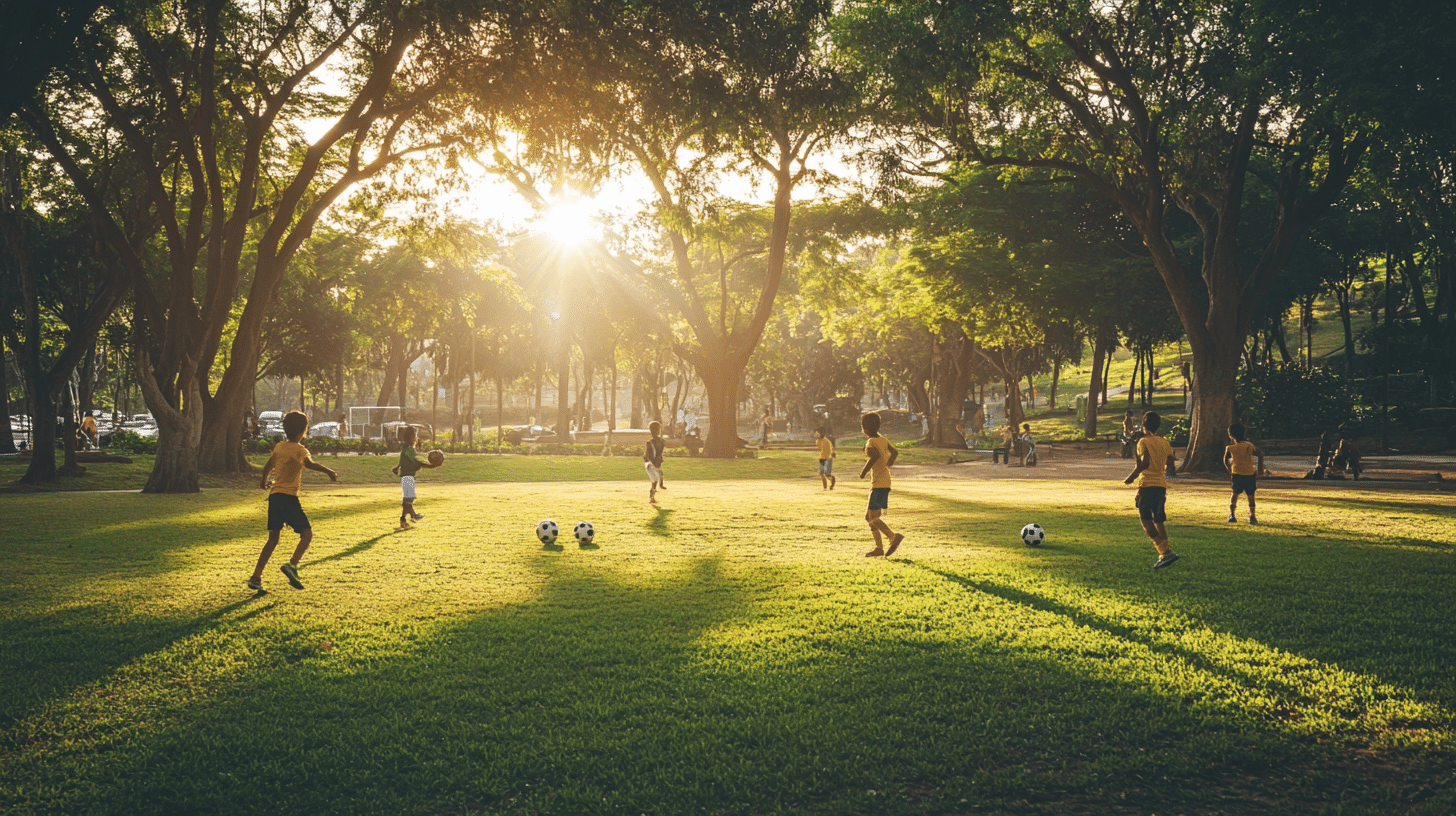
- Physical games and exercise in fresh air help children stay healthy after a day of sitting.
- Playing outdoors with friends helps develop social skills and team coordination.
- Regular outside time improves mood and helps children sleep better at night.
- Natural settings give children space to run, jump, and use their energy positively.
19. Creative Hobbies
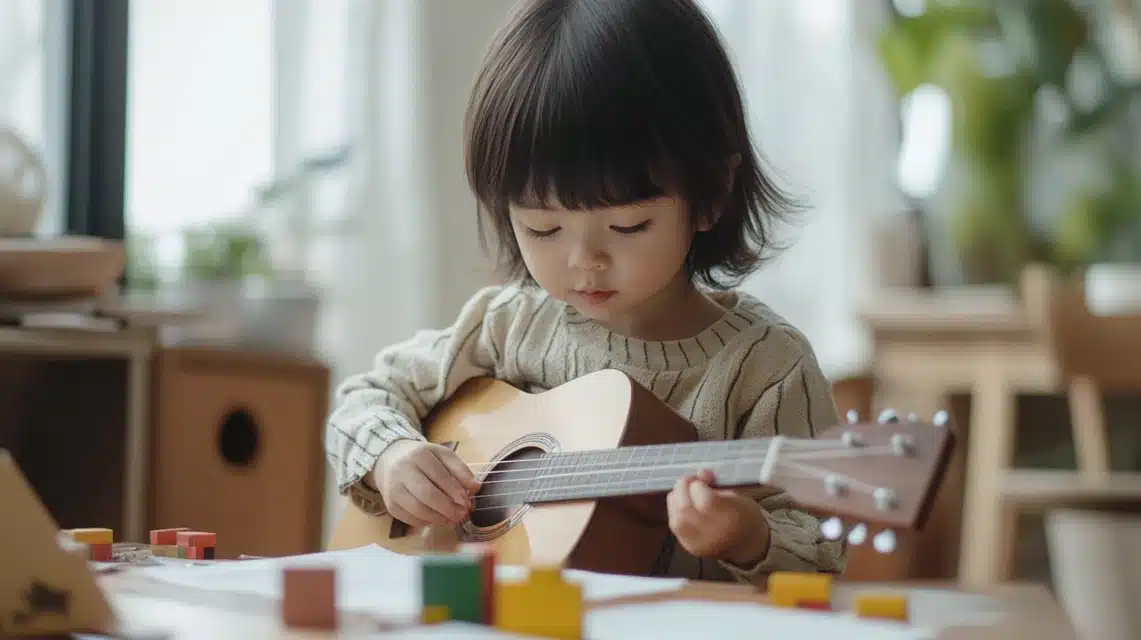
- Making art or music helps children express their ideas and feelings in new ways.
- Regular practice of creative skills builds patience and problem-solving abilities.
- Hobbies give children a chance to learn and grow at their own pace.
- Creative activities help develop focus and attention to detail.
20. Chores or Responsibilities
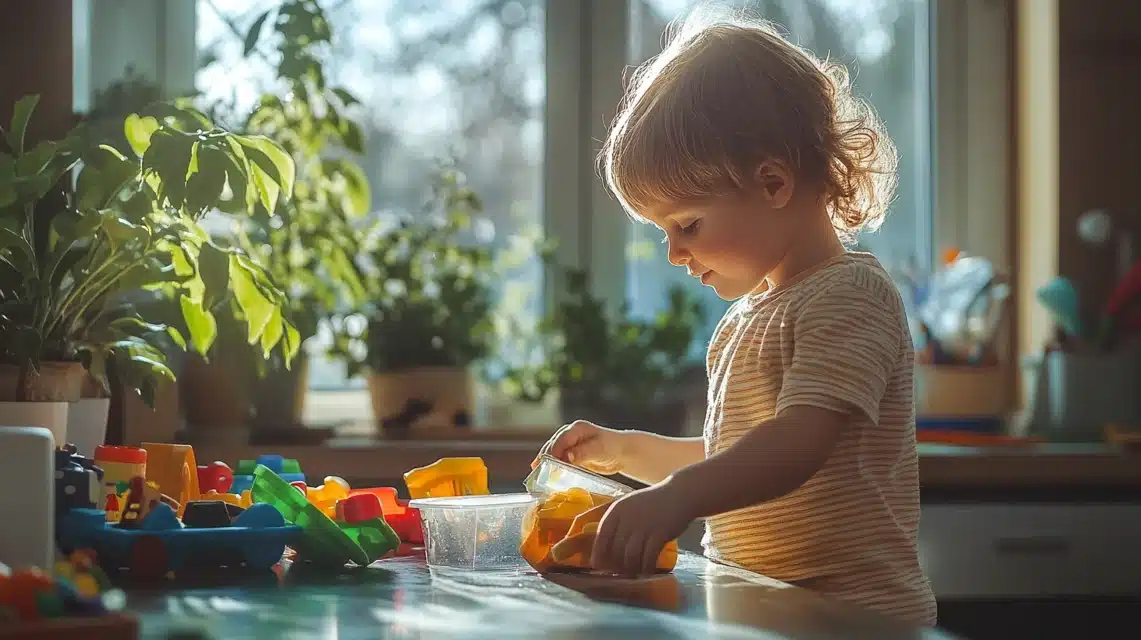
- Daily tasks like cleaning their room teach children about being responsible family members.
- Helping with household work builds useful skills for the future.
- Regular chores help children understand the value of keeping things organized.
- Working on family tasks teaches cooperation and time management.
21. Family Bonding
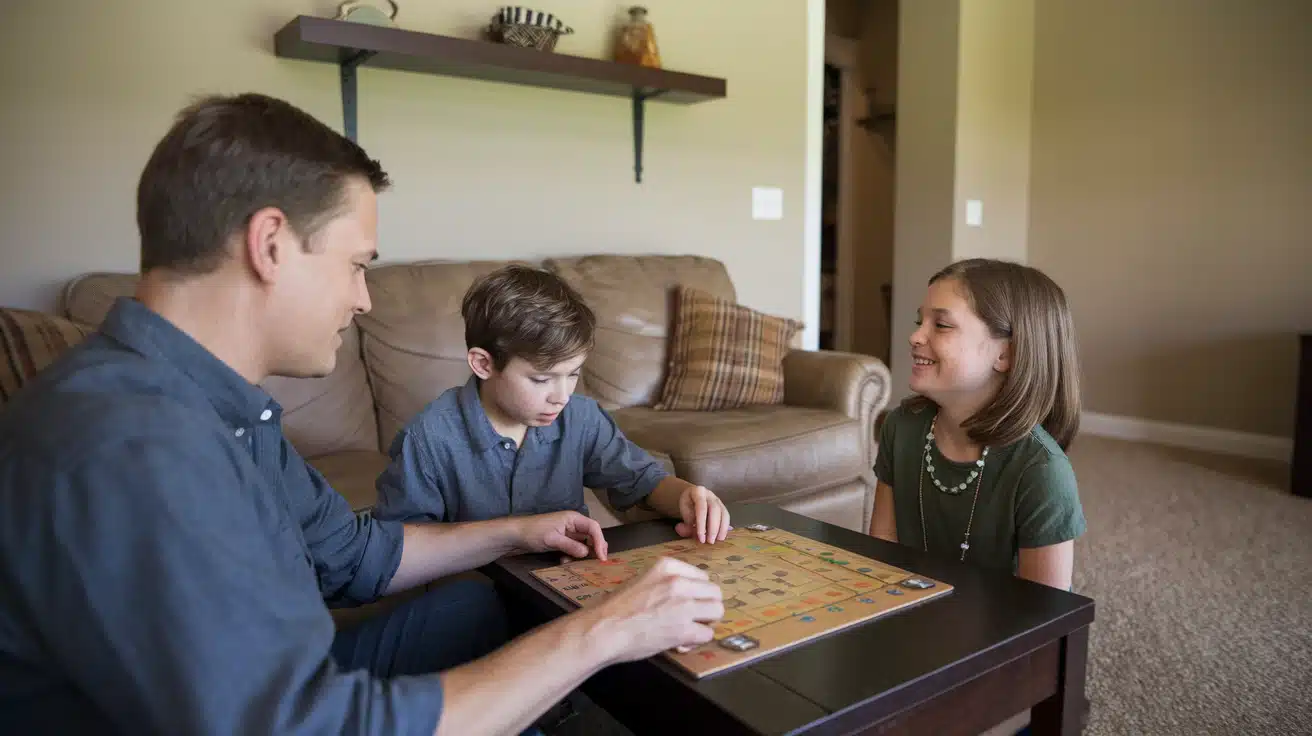
- Sharing daily experiences helps parents and children stay connected and understand each other.
- Family activities create special moments that strengthen relationships over time.
- Playing games together teaches children about taking turns and being fair.
- Regular family time helps children feel secure and supported in their home.
Bedtime Routine
22. Set a Consistent Bedtime

- A set bedtime helps the body develop natural sleep patterns and wake up refreshed for school.
- Going to bed at the same time creates a natural rhythm for better sleep quality.
- Regular sleep schedules make it easier for children to fall asleep each night.
- Evening routines help children understand when it’s time to rest and recharge.
23. Brush Teeth and Wash Up

- Clean teeth and a fresh face make children feel comfortable and ready for peaceful sleep.
- Evening hygiene teaches children to take care of their bodies before rest time.
- Nighttime cleaning prevents tooth problems and builds healthy habits for life.
- Regular evening care makes children feel good about taking care of themselves.
24. Change into Comfortable Pajamas

- Clean, soft sleepwear helps children feel cozy and ready to settle down for bed.
- Changing clothes signals to the body that active time is done for the day.
- Comfortable nightclothes make it easier for children to relax before sleep starts.
- Special bedtime clothes help create a routine that leads to better rest.
25. Read a Story or Listen to One
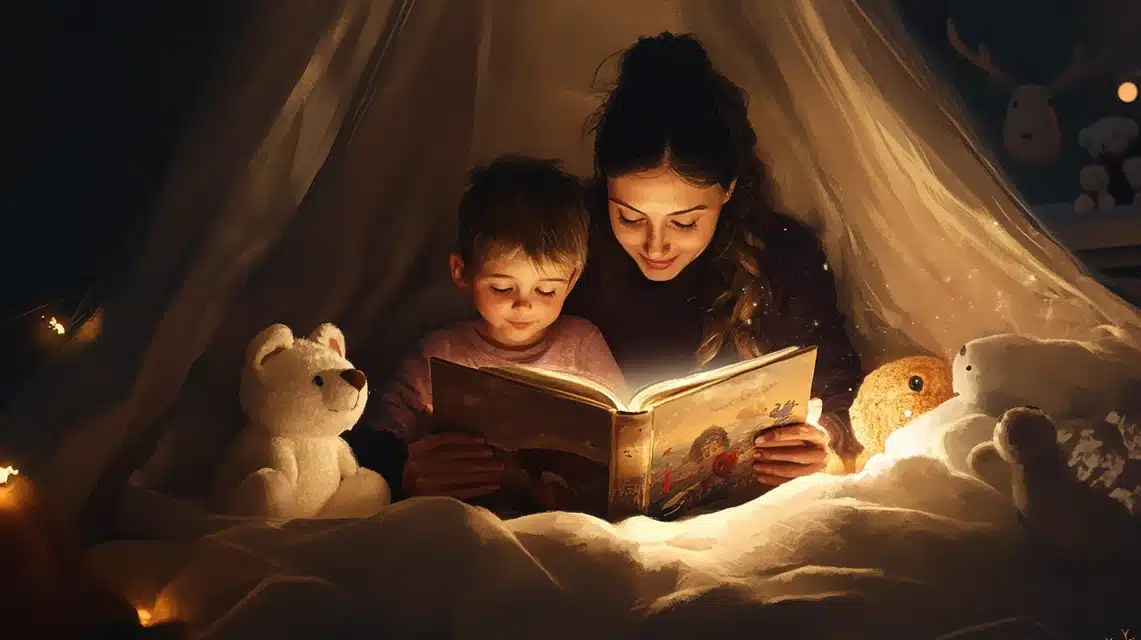
- Quiet story time helps busy minds slow down and prepare for peaceful sleep.
- Bedtime reading creates special moments while building important language skills naturally.
- Stories help children transition from active day time to calm sleep time.
- Reading together makes bedtime special while supporting learning and connection.
26. Reflect on the Day

- Sharing good moments from the day helps children feel positive before sleep.
- Evening talks let children share worries and celebrate small wins together.
- Quiet reflection time helps minds settle down before bedtime begins.
- Daily sharing builds family bonds and helps process the day’s events.
27. Pack for the Next Day
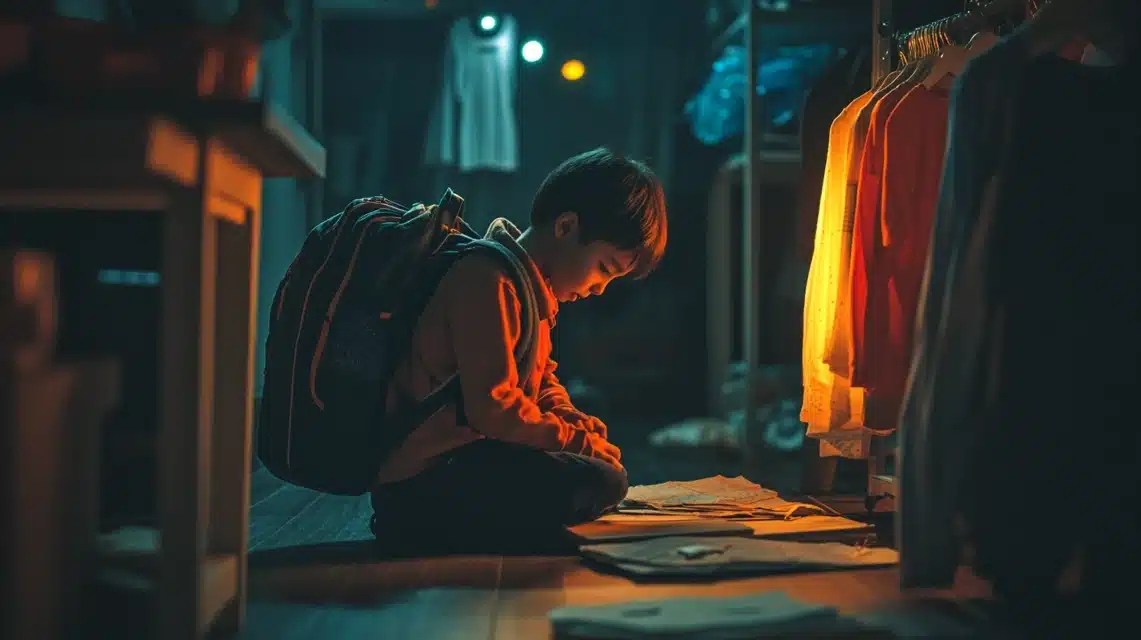
- Having school supplies and clothes ready at night prevents morning stress and rushing around.
- Organizing backpacks in the evening helps children start tomorrow feeling prepared and confident.
- Setting out clothes and checking homework the night before creates smooth mornings.
- Regular evening preparation teaches children valuable planning skills for their future.
28. Lights Off and Relaxation Time
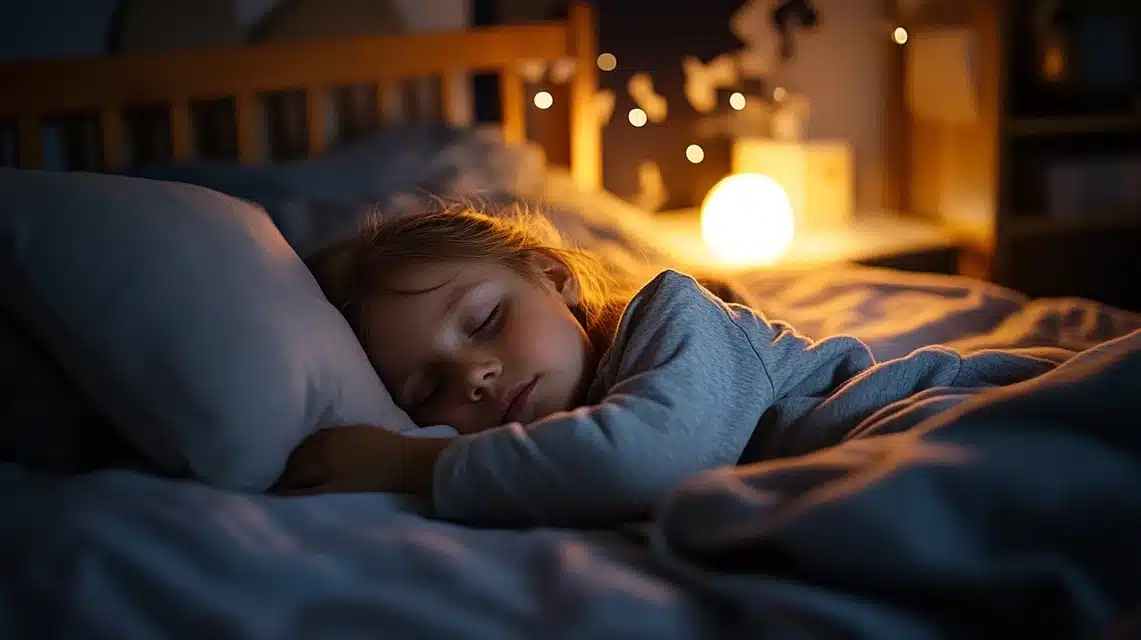
- Making rooms darker and quieter helps minds naturally shift into sleep mode for rest.
- A peaceful bedroom environment with soft lights helps children feel safe and calm.
- Removing screens and bright lights helps the body produce natural sleep signals.
- Quiet relaxation before bed leads to better sleep and morning energy for school.
29. Practice Deep Breathing
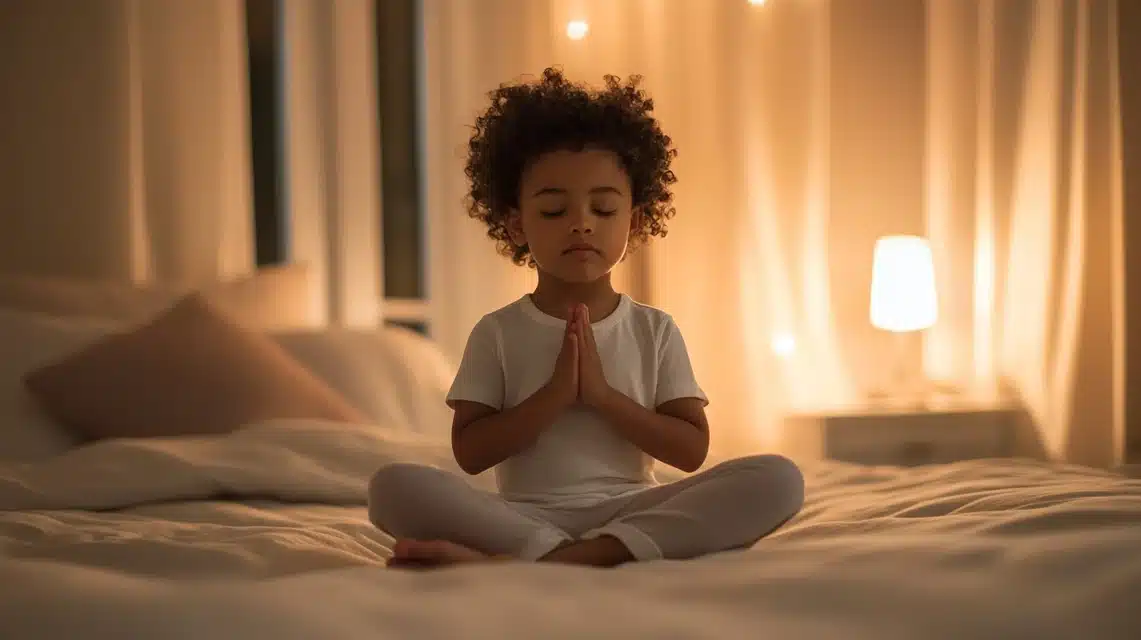
- Simple breathing exercises help children let go of worries and find inner calm.
- Counting breaths gives young minds something peaceful to focus on before sleep.
- Gentle breathing practice helps muscles relax and minds become quiet naturally.
- Learning to breathe calmly gives children tools to handle bedtime stress.
30. Drink a Glass of Water

- A small drink of water before bed helps children stay healthy through the night.
- Evening hydration supports the body’s natural sleep processes and morning energy.
- Having water at bedtime creates another simple step in the sleep routine.
- Regular water habits help children understand their body’s basic needs.
Conclusion
After following these 30 structured activities, you’ll notice your child becoming more independent and confident.
Morning routines lead to better school focus, afternoon activities support learning and growth, while evening practices ensure good rest.
These aren’t just daily tasks – they’re proven steps that help primary students thrive.
By starting these routines today, you’re helping your child develop skills that last a lifetime.
The results speak for themselves: better organization, improved learning, and happier, more confident children.
Frequently Asked Questions
Why are routines important for primary students?
Regular routines help primary students feel secure, build confidence, and focus better on learning. They create order, reduce anxiety, and support healthy development.
What if my child gets bored with their routine?
Mix up activities while keeping the same schedule structure. Add fun variations like new breakfast choices or different bedtime stories while maintaining core timing.

